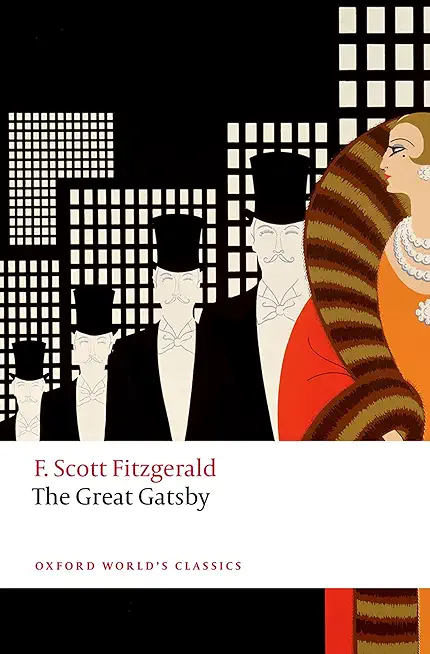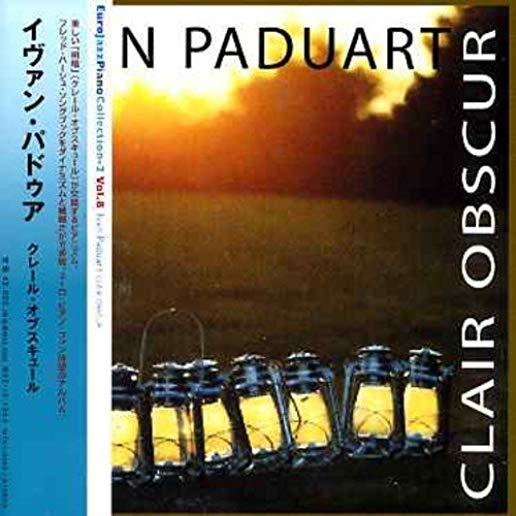
Kahrl, Andrew W.
product information
description
4Revealing a history that is deep, broad, and infuriating, The Black Tax casts a bold light on the racist practices long hidden in the shadows of America's tax regimes. American taxation is unfair, and it is most unfair to the very people who critically need its support. Not only do taxpayers with fewer resources--less wealth, power, and land--pay more than the well-off, but they are forced to fight for their rights within an unjust system that undermines any attempts to improve their position or economic standing. In The Black Tax, Andrew W. Kahrl reveals the shocking history and ruinous consequences of inequitable and predatory tax laws in this country--above all, widespread and devastating racial dispossession. Throughout the twentieth century, African Americans acquired substantial amounts of property nationwide. But racist practices, obscure processes, and outright theft diminished their holdings and their power. Of these, Kahrl shows, few were more powerful, or more quietly destructive, than property taxes. He examines all the structural features and hidden traps within America's tax system that have forced Black Americans to pay more for less and stripped them of their land and investments, and he reveals the staggering cost. The story of America's now enormous concentration of wealth at the top--and the equally enormous absence of wealth among most Black households--has its roots here. Kahrl exposes the painful history of these practices, from Reconstruction up to the present, and tells, for the first time, the story of Black Americans' experiences as taxpayers and their fight for a more fair and equitable system for raising and spending the public's money. This is a history that deepens our understanding of the disadvantages and persistent inequalities that African American households continue to face and reveals hidden engines of economic inequality in America. Detailing the hows and whys of America's profoundly unequal tax system, The Black Tax equips readers with the knowledge needed to combat inequality and injustice today.
member goods
No member items were found under this heading.
Return Policy
All sales are final
Shipping
No special shipping considerations available.
Shipping fees determined at checkout.







